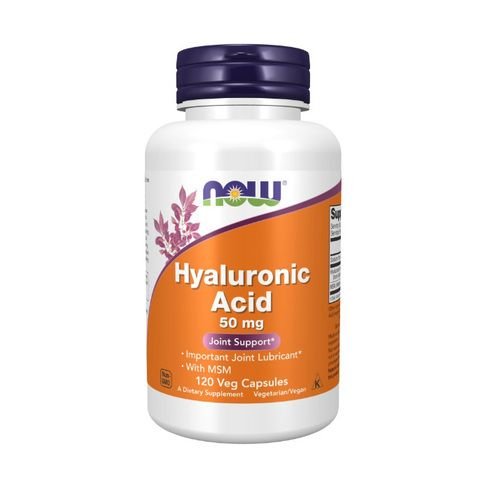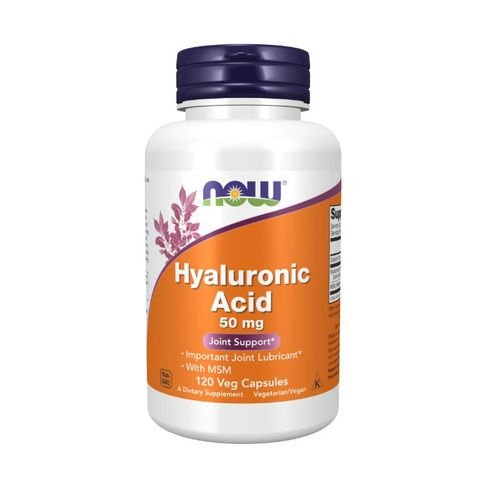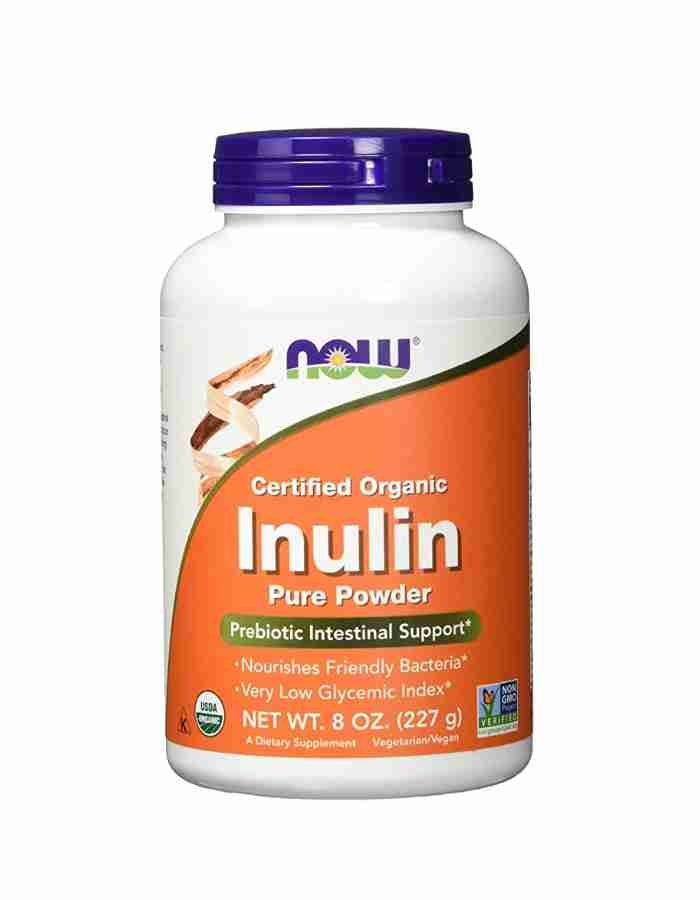
7 Common Intestinal Infectious Diseases in Summer
Many people will take advantage of the summer vacation to go out to play, but in some places hot and humid climates are also prone to hidden risks of certain diseases. Diseases that often occur in summer, in addition to insect-borne diseases caused by mosquito breeding, also have intestinal infectious diseases caused by bacteria, such as bacillary dysentery, typhoid fever, paratyphoid fever, bacterial gastroenteritis, enterovirus, etc. This article will introduce these symptoms of the disease and how to prevent it.
Bacillary dysentery
Bacillary dysentery is an acute intestinal disease caused by Shigellosis infection. Common symptoms after infection include diarrhea (more than 8 to 10 times a day), fever, nausea, vomiting, and abdominal pain. Dysentery infection often occurs in crowded places or places where excrement may come into contact, such as prisons, nurseries, nursing homes, etc. In addition, it is particularly easy in places where running water is not clean and environmental sanitation is poor, or where contaminated water or food is consumed in densely populated regions.
The best way to prevent bacillary dysentery is to pay attention to hand hygiene, get into the habit of washing your hands frequently, and wash your hands with soap and water after eating, using the toilet or changing diapers. After touching sick people and before touching food, you should clean your hands thoroughly. Establish a complete flush toilet and there must be a device to block or eliminate flies in the toilet. Make sure you have adequate toilet paper, washbasins, water sources or water storage facilities. Pollution sources (such as septic tanks) should be 15 meters away. The raw water of the water supply system must be purified and chlorinated.
Typhoid and paratyphoid
Typhoid fever and paratyphoid fever (Typhoid Fever and Paratyphoid Fever) are both intestinal infectious diseases caused by bacteria. The pathogenic bacteria are Salmonella typhi and Paratyphoid fever respectively. Most of them occur in areas where tap water is not popular or environmental sanitation is poor. The way of infection is mostly because of eating food and water contaminated by the feces or urine of patients and carriers. Foods such as shellfish, fruits, and vegetables may be contaminated and become infectious agents. Food handling by disease carriers may also contaminate food. In addition, flies may also spread germs. After being infected with typhoid or paratyphoid fever, there will be persistent fever, headache, anorexia, abdominal pain, rash on the body, cough, constipation or diarrhea, etc. If left untreated, typhoid fever may cause bleeding or perforation of the small intestine. Paratyphoid fever has milder symptoms and a lower mortality rate.
Bacterial gastroenteritis
Pathogenic bacteria that often cause bacterial gastroenteritis include Vibrio parahaemolyticus, Salmonella, Enteropathogenic Escherichia coli, Staphylococcus aureus, cactus Bacillus cereus and Vibrio cholerae, etc.
Enterovirus
Enteroviruses belong to the Picornaviridae family and are a general term for a group of viruses. Enteroviruses are suitable for survival and transmission in humid and hot environments. The diseases usually occur in the tropical and subtropical zone, and cases of infection occur throughout the year. Generally, the main symptoms of enterovirus infection are hand, foot and mouth disease or Herpangina. The main transmission route of enterovirus is mostly through the gastrointestinal tract (fecal-oral, water or food contamination) or respiratory tract (droplets, coughing or sneezing), and the liquid that comes into contact with the patient’s skin blisters may also be infected. In addition, newborns may be infected with enteroviruses through the placenta, the delivery process of pregnant women, or direct contact after birth. Symptoms will appear during the incubation period of about 2 to 10 days.

How to prevent the intestinal infectious diseases
The most important way to prevent typhoid fever, paratyphoid fever, bacterial gastroenteritis and enterovirus is to develop the habit of washing hands with soap correctly, especially before and after meals, before and after going to the toilet. Drinking water must be chlorinated or boiled. Avoid drinking unboiled water, try to choose cooked food. Crustacean seafood should be steamed for more than 10 minutes before eating. Food is best kept refrigerated, especially salads or cold dishes. Places where food is cooked in kitchens and restaurants should also be cleaned frequently. Install window screens to avoid breeding of flies. If you have newborns, pay special attention to frequent cleaning and disinfection of children’s toys.
Diarrhoea Relief – Just Click to Buy From Amazon
Imodium
- IMODIUM Originals can provide fast diarrhoea relief in under 1 hour, this helps to restore the absorption of fluids into your body
- Trusted formula which has proven to provide diarrhoea relief for over 40 years
- Imodium works by gently slowing your digestion down and returning it to its normal rhythm
Buscopan IBS Relief
- UK’S #1 CHOICE FOR IBS RELIEF: Buscopan IBS Relief is for medically confirmed IBS and is the UK’s number one choice for IBS relief
- STARTS TO WORK IN 15 MIN: For fast relief of abdominal pain, Buscopan IBS Relief starts to work in 15 minutes
- EFFECTIVE RELIEF: Buscopan IBS Relief effectively relieves cramping, abdominal pain and discomfort associated with IBS
Books About Intestinal Infectious Diseases – Just Click to Buy From Amazon
Typhoid: The past, present, and future of an ancient disease
- An exploration of the past, present and future of typhoid control using both literary and real-life figures
- Draws from the award-winning Typhoidland exhibitions, dispelling the myth of typhoid as an eradicated disease
- More relevant than ever in a post-COVID world
Dietary Interventions in Gastrointestinal Diseases
Dietary Interventions in Gastrointestinal Diseases: Foods, Nutrients and Dietary Supplements provides valuable insights into the agents that affect metabolism and other health-related conditions in the gastrointestinal system. It provides nutritional treatment options for those suffering from gastrointestinal diseases including Crohn’s Disease, Inflammatory Bowel Disease, Ulcerative Colitis…
Human Enterovirus Infections
The enteroviruses cause between 10 and 15 million symptomatic infections in the U.S. each year, ranging in severity from the common cold to overwhelming neonatal sepsis and death. The enteroviruses are leading causes of meningitis, encephalitis, poliomyelitis, myocarditis, and nonspecific febrile illnesses of newborns and young infants. Enteroviruses have also been implicated…
Supplement for Gastrointestinal Health
-
Benefits of Inulin
1. Eating inulin or drinking inulin concentrate on an empty stomach can immediately lower blood sugar levels.
2. Relieve the symptoms of diabetes
3. Enhanced digestion and defecation function, effective for treating constipation
4. Improve vascular disorders
5. Low or no energy
6. Rapidly increase the number of bifidobacteria in the intestine
7. Improve skin itchy problem due to diabetes.
Disclaimer
All content in this column is for general information only and is not a substitute for medical guidance from a physician or other medical professional. The Fairview Life Ltd is not responsible for any diagnosis made by users based on the content of this website. The Fairview Life Ltd is not responsible for the content of any external sites listed herein, nor for any goods or services mentioned or suggested on any site. If you have any concerns about your health, please consult your own GP.
























